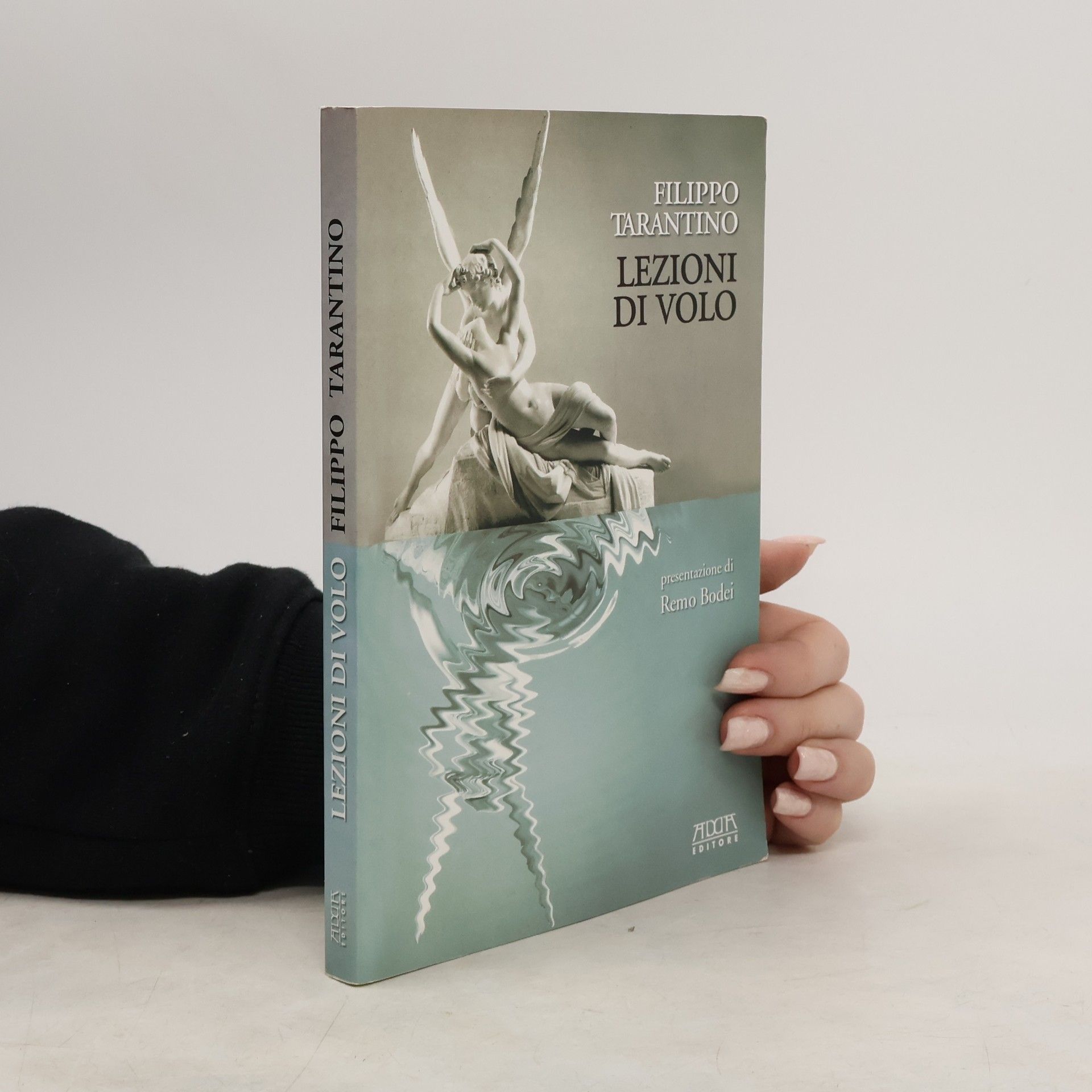Remo Bodei Reihenfolge der Bücher (Chronologisch)
Dieser Philosoph und Hochschullehrer beschäftigt sich vor allem mit den Themen Schönheit und der Geschichte der Philosophie und konzentriert sich in jüngerer Zeit auf die philosophische Erforschung von Begierde und Leidenschaft als treibende Kräfte für ein besseres Leben. Seine Arbeiten untersuchen, wie Begierden und Leidenschaften unser Streben nach besseren Lebensbedingungen prägen. Tiefe Reflexionen über die menschliche Existenz und ihren Verlauf prägen seine Denkweise. Seine Analysen bieten einen fesselnden Einblick in die menschliche Psyche und Motivation.





Senzaţia de déjà vu
- 212 Seiten
- 8 Lesestunden
Lezioni di volo
- 144 Seiten
- 6 Lesestunden
In der Goethe-Zeit wird zum erstenmal die Pathologie der Moderne sichtbar. Bodei untersucht deren Problematik ausgehend von einem bisher ungedruckten Hegel'schen Fragment. Neben Hegel steht Goethe im Zentrum der Darstellung. Dekompositionen: Ein Hegel'scher Vor-Text: ›Der immer sich vergrössernde Widerspruch‹ (um 1800) Die verschiedenen Sinnebenen (Kommentar) - Themen: Das Unbekannte und die Grenzen: Kant, Novalis, Hölderlin - Fluchtlinien: Jesus, Rousseau, Fichte - Gretchens Zimmer: Entwicklung und Grenzen der Individualität bei Goethe - Projektionen: Hegel und die Zeit danach - Namenverzeichnis.